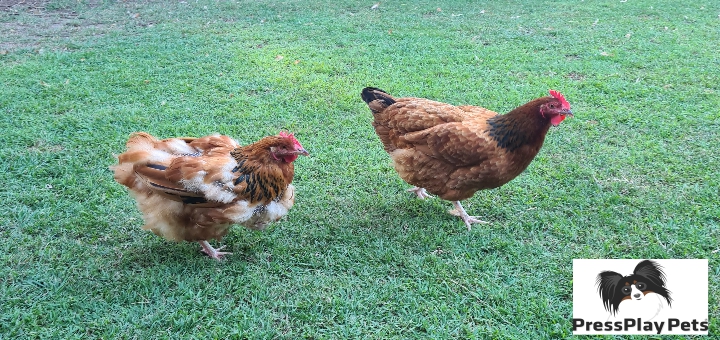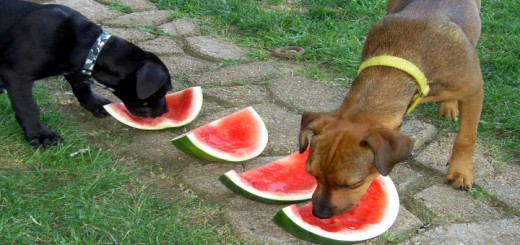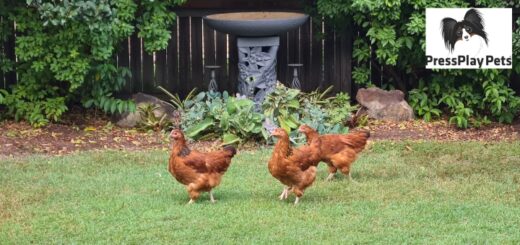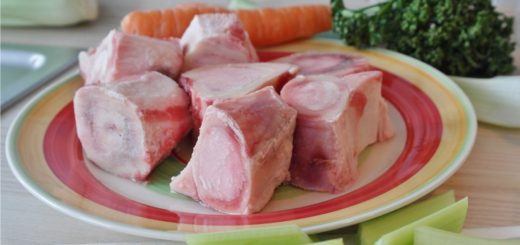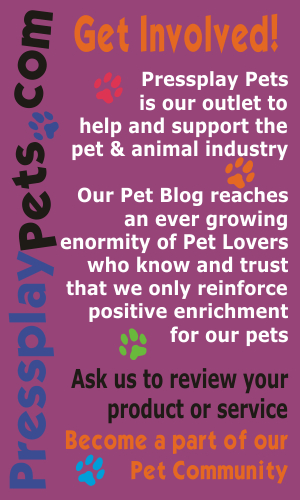Moulting, also spelt ‘Molting’, typically takes place just before the cooler months set in. In Australia, this mean moulting usually commences in late February to early March.
When chickens moult the severity between them can differ widely. Your hens first adult moult will happen between 12-18 months of age. Hens will either have a ‘SOFT’ moult, where they lose a small number of feathers, that may not even appear all that noticeable or a ‘HARD’ moult, loosing so many feathers they look moth eaten with large patches of skin visible. Depending on the breed, may even lose all their feathers!
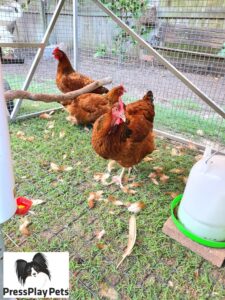
Why do chickens moult in the first place?
Moulting is an essential part of a chicken’s growth and health. This change in hormones indicates the end of a laying cycle and will generally last between 8 – 16 weeks. During this time egg production will greatly reduce or likely cease completely. The break in laying eggs allows the hen to redirect their energy into the growth of new thick feathers, just in time for winter. Once she has fully regained all her new glossy feathers, egg laying will recommence.
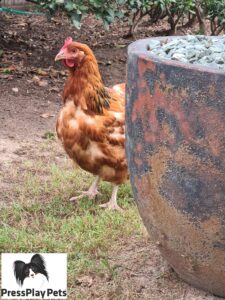 Moulting is quite a stressful time for chickens, so it is important to reduce other sources of stress from their environment.
Moulting is quite a stressful time for chickens, so it is important to reduce other sources of stress from their environment.
Below are a few things you can do to make is as stress-free as possible:
No Changes: This is not the time to be making any changes to their routine. Such as introducing new chickens to the flock, this will put the hierarchy off balance and greatly increase their stress levels or by making ‘renovations’ to the coop or moving them into a new one.
Nutrition: Feathers are made up of around 85% keratin, just like human hair and fingernails. To ensure they receive adequate nutrition to support good feather growth they will need higher levels of protein. A good complete feed with 16-22% protein is a great option, along with high protein treats such as meal-worms, sunflower seeds and sardines.
Can you give too much protein? The simple answer is YES, it is important to point out that excess protein can have adverse side effects, increasing uric acid can lead to gout and other serious health issues. To be sure you give the right amount of protein check with your veterinarian, avian expert, or local produce supplier.
Cuddle Time: Limit handling hens during their moult. Those teeny pinfeathers just poking out from their skin are very sensitive and can be quite painful when touched. If you do have to pick up your hens, do so very gently and for as little time as possible.
Hygiene: When your hen moults, you will be surprised how many feathers she will lose in a day. It will appear like a fox has paid a visit to your coup, yet all chickens can be accounted for! It is important to collect the shed feathers daily to keep the coop clean and sanitary, this will also minimise potential risk for disease and infections.
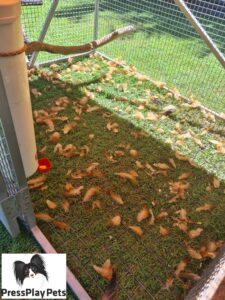 Warmth: Your naked hens will feel the cold. But whatever you do, do not put a jacket on them! This will cause pain and discomfort and greatly increase their stress levels. The best way to keep your flock warm is to ensure they have good thick bedding, adequate air circulation while any areas that have a draft are blocked. You may get the odd hen who decides it’s a good idea to start her moult right in the middle of winter! It is especially important that you manage insulating the coup well to keep her as warm as possible.
Warmth: Your naked hens will feel the cold. But whatever you do, do not put a jacket on them! This will cause pain and discomfort and greatly increase their stress levels. The best way to keep your flock warm is to ensure they have good thick bedding, adequate air circulation while any areas that have a draft are blocked. You may get the odd hen who decides it’s a good idea to start her moult right in the middle of winter! It is especially important that you manage insulating the coup well to keep her as warm as possible.
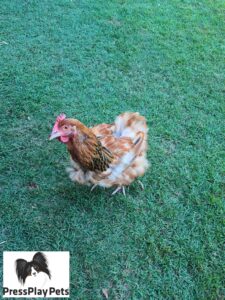 By supporting your flock as best as you can through the moulting season, in no time you will have your girls back looking their beautiful best and laying their lovely eggs.
By supporting your flock as best as you can through the moulting season, in no time you will have your girls back looking their beautiful best and laying their lovely eggs.
Oh, before I forget and in case you were wondering, it’s not just the hens that moult, roosters do too! During their moult, they will almost always become infertile and lose weight. It is imperative that they do not lose too much weight as this can lead to sterility.
Your hen or rooster should continue to act normal during a moult. If they are acting unusual, quiet or appear lethargic, it is best to get them checked out by a veterinarian.
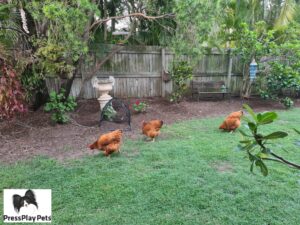
Author Bio: Nikki is pack leader at Pressplay Pets, a blog for the modern age pet parent interested in health & care, news, reviews & personal accounts of unconditional love & at times heartfelt pain of pet parenting. She is also proud mum to cute and cheeky Papillons ‘Amber’ and ‘Indy’!
Follow Pressplay Pets blog:
Follow Instagram, Facebook and Twitter
Pressplay Pets a blog for the modern age pet parent interested in health & care, news, reviews & personal accounts of unconditional love & at times heartfelt pain of pet parenting!
Follow Us!